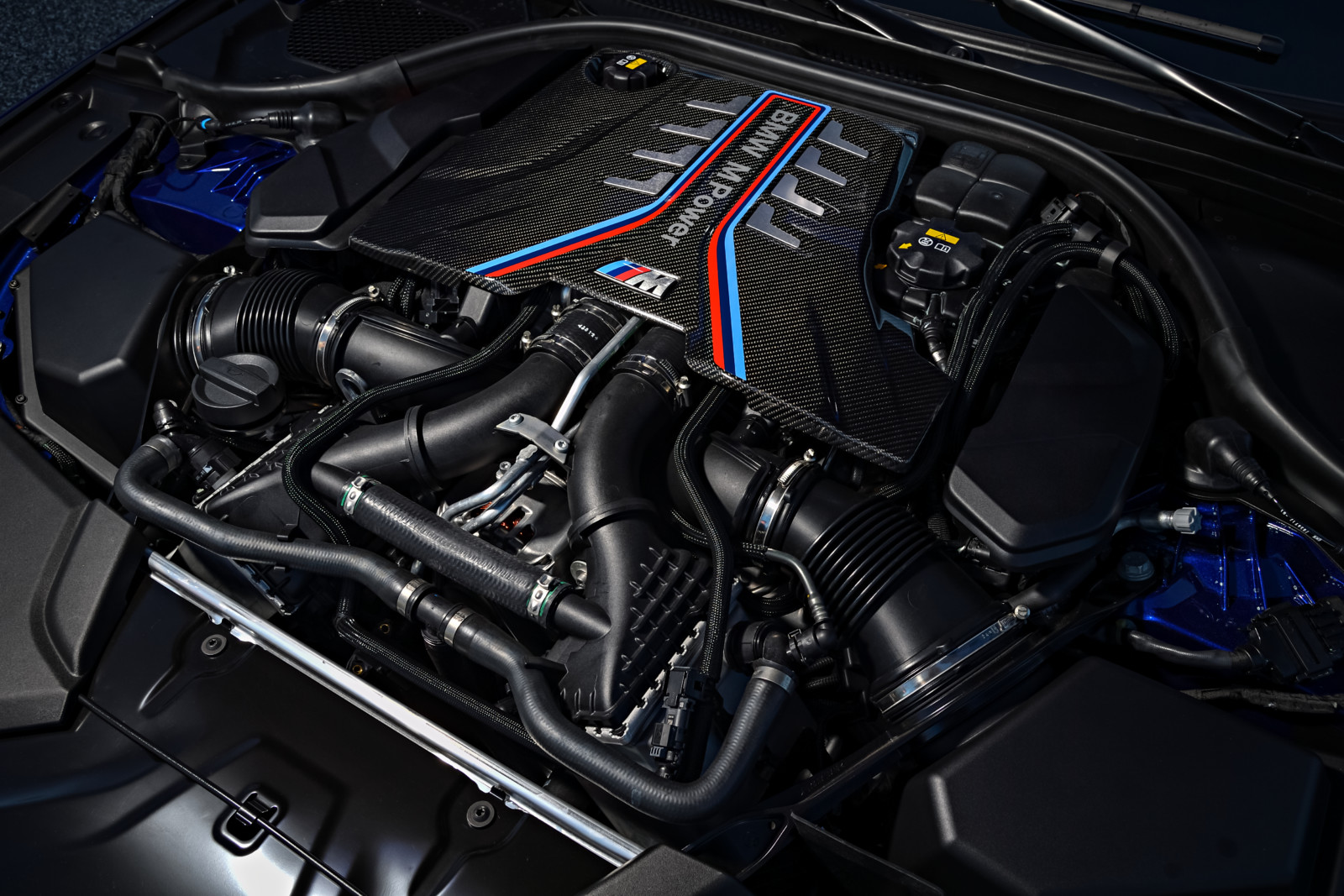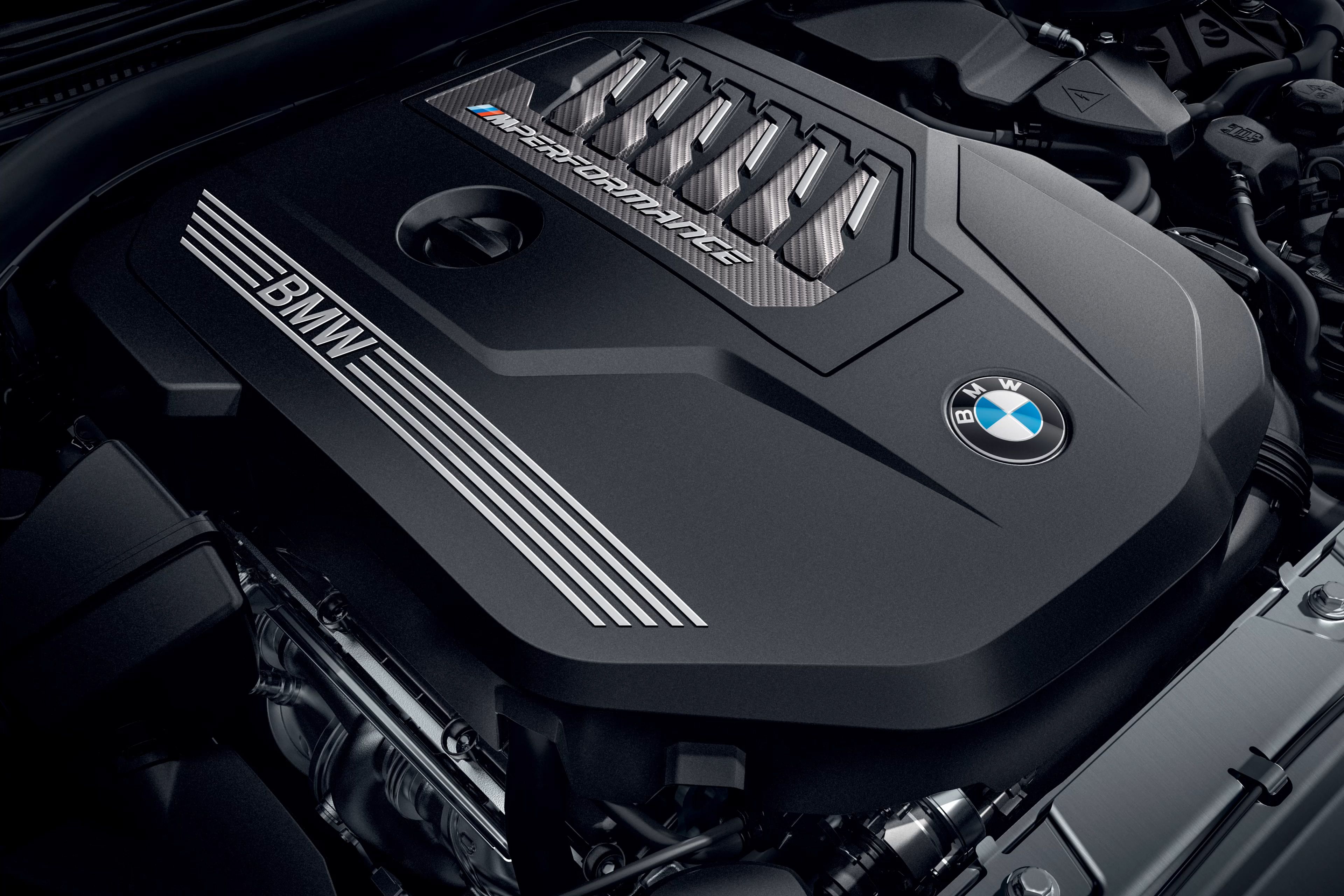Unveiling the Intricacies of Next-Generation Power Units: a Deep Study Advanced Engine Designs and Technologies
In the realm of auto engineering, the unrelenting search of sustainability, performance, and efficiency has moved the development of power units to unprecedented elevations. As we stand on the precipice of a brand-new period in transport, the ins and outs of next-generation engine styles beckon us to discover the sophisticated innovations and advancements that promise to redefine the driving experience. From advanced products that push the boundaries of durability and weight decrease to advanced turbocharging and supercharging systems that elevate power output to brand-new degrees, each element of these power systems holds an essential to unlocking the future of automobile engineering. Diving much deeper into the realms of emission control, intelligent engine monitoring systems, and the perspective of power device development, we locate ourselves on the cusp of a transformation that promises to reshape the landscape of mobility as we understand it.
Evolution of Engine Materials

The change in the direction of advanced engine products has actually also allowed designers to develop engines with higher power results while maintaining gas performance standards. The use of light-weight products reduces the total weight of the engine, leading to improved fuel economic climate and reduced exhausts. In addition, developments in products modern technology have actually enabled much better thermal monitoring within engines, causing raised dependability and long life.
Turbocharging and Supercharging Technologies
Just How do Turbocharging and Supercharging Technologies reinvent engine performance and effectiveness in modern lorries? Turbocharging and supercharging are technologies that significantly enhance engine efficiency by boosting the quantity of air consumption into the combustion chamber. Turbocharging achieves this by using a turbine driven by exhaust gases to pressurize the consumption air, while supercharging makes use of a belt- or chain-driven compressor to accomplish the same result.
These technologies enable smaller, more fuel-efficient engines to create power equivalent to bigger ones, referred to as downsizing. Forcibly more air right into the cylinders, supercharging and turbocharging boost combustion efficiency, leading to increased horsepower and torque output without a substantial boost in engine size. This causes much better acceleration, towing ability, and general driving performance.
Furthermore, turbocharging and turbo charging contribute to boosted gas efficiency by permitting the use of smaller sized engines that consume much less fuel under typical driving problems - bmw engine. This mix of boosted performance and efficiency has actually made turbocharging and supercharging integral elements of several modern engine styles
Discharge Control and Environmental Impact
With boosting international issues relating to air top quality and environmental sustainability, the execution of emission control innovations in vehicles plays a crucial function in lowering damaging contaminants released into the atmosphere. Modern cars are geared up with advanced discharge control systems that assist lessen the ecological influence of auto procedures. Catalytic converters, for example, are designed to convert toxic gases such as carbon monoxide, nitrogen oxides, and hydrocarbons into less damaging materials like co2 and water vapor.
In addition, advancements in engine technology, such as the integration of exhaust gas recirculation systems and careful catalytic decrease, have actually dramatically added to decreasing exhausts. These modern technologies operate in tandem to enhance burning performance and decrease the release of harmful pollutants into the air. Furthermore, the development of crossbreed and electrical lorries stands for a crucial step towards reducing the total ecological footprint of the transportation field.
Intelligent Engine Monitoring Equipment

Moreover, these systems make it possible for vehicles to fulfill strict exhausts criteria without jeopardizing efficiency, supplying an extra environmentally pleasant driving experience. The assimilation of expert system and artificial intelligence capacities in engine management systems remains to push the limits of what is feasible, leading to further improvements in performance, reliability, and overall lorry efficiency. bmw engine. As auto innovation advancements, smart engine management systems will play a crucial duty in shaping the future of transport towards a much more sustainable and effective direction
Future Trends in Power Unit Development
As smart engine monitoring systems lead the means for enhanced control and optimization in contemporary cars, future trends in power device growth are poised to redefine the landscape of vehicle propulsion modern technologies. Among the crucial fads driving development in power system development is the shift in the direction of electrification. With a raising emphasis on sustainability and minimizing carbon emissions, hybrid and electric powertrains are becoming a lot more prevalent in the vehicle sector. These alternate power resources supply improved efficiency and performance while straightening with rigorous ecological laws.
Another significant trend is the integration of advanced materials and manufacturing techniques. Light-weight materials such as carbon fiber and aluminum are being made use of to minimize overall car weight, improving gas efficiency and performance. Additionally, innovations in 3D printing and additive manufacturing are allowing the manufacturing of intricate engine parts with higher accuracy and durability.
In addition, fabricated intelligence and artificial intelligence are playing a critical function in enhancing power unit performance. These modern technologies enable real-time monitoring and adaptive control, causing much more reliable and trusted power distribution. On the whole, future trends in power unit growth are tailored in the direction of performance, sustainability, and efficiency, driving the automotive sector in the direction of a brand-new period of propulsion innovations.

Verdict
In conclusion, the improvements in engine materials, turbocharging, discharge control, and smart management systems have actually paved the way for next-generation power devices. The intricate styles and innovations in modern engines showcase the ongoing development of automotive technology.
Exploring the progressive improvements in engine products has been crucial in enhancing the performance and performance of modern-day engines. Over the years, the advancement Get More Info of engine materials has actually played a vital function in pushing the boundaries of what engines can attain.The change in the direction of advanced engine products has actually additionally allowed engineers to make engines with greater power results while keeping gas effectiveness requirements.The application of intelligent engine administration systems in modern cars has transformed the way engines are controlled and optimized for efficiency and performance. By accumulating information in real-time and evaluating it with sophisticated algorithms, smart engine monitoring systems can adjust to driving designs, imp source ecological factors, and engine health to optimize power result while lessening fuel usage and discharges.